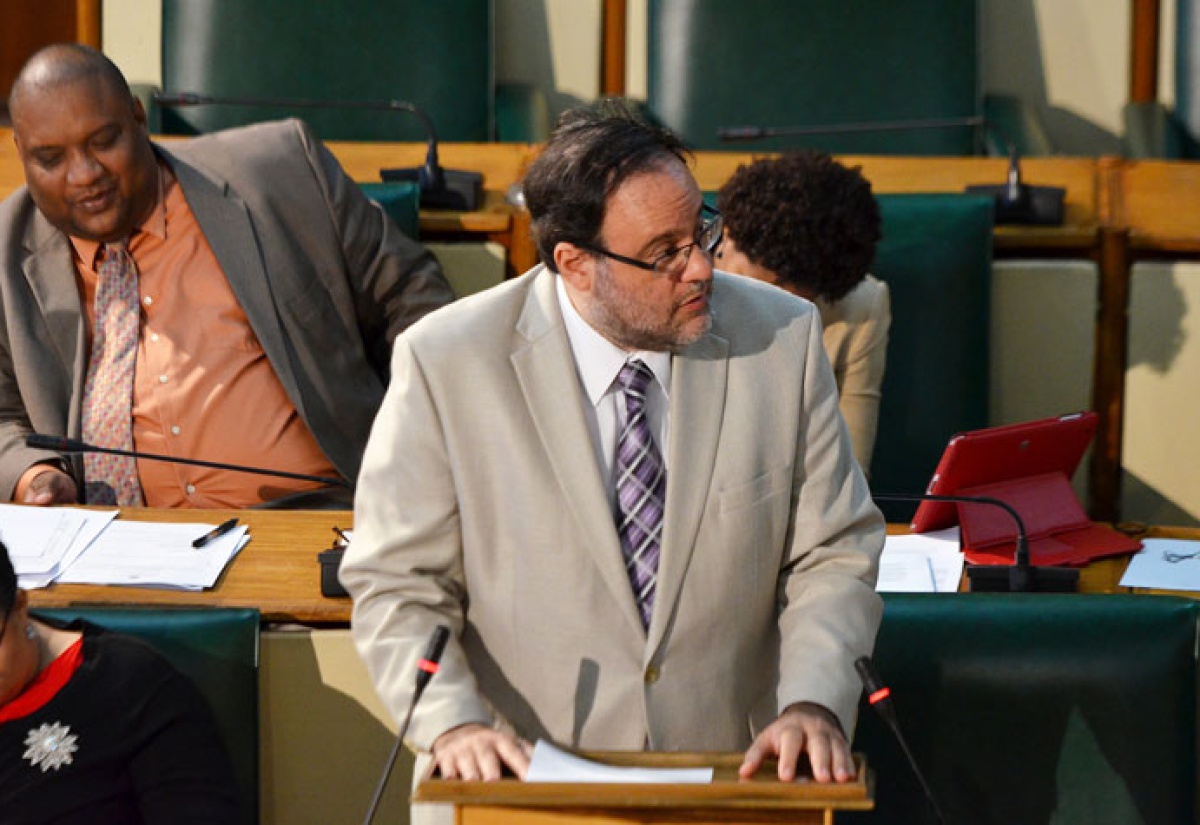Principals, Guidance Counsellors to be Trained in Restorative Justice
By: , February 24, 2014The Key Point:
The Facts
- The aim is to apply the restorative justice principles to reduce conflict among students
- The Restorative Justice Policy was approved by Cabinet in 2013, and the programme has been implemented in 11 communities across Jamaica.
The Full Story
Principals and guidance counsellors from 95 schools across the island are to benefit from training in restorative justice over two days next month.
The Ministry of Justice and the Ministry of Education are collaborating in the initiative, which is aimed at applying the restorative justice principles in reducing conflict among students. The training will be held from March 4 to 5.
“Restorative practices are an approach that has been used successfully in the education systems of other countries to proactively build positive school communities and reduce discipline referrals, suspensions and expulsions in school,” said Justice Minister, Hon. Mark Golding.
He was speaking during the sitting of the Senate on Friday, February 21, as he gave an update on the Restorative Justice Programme.
The Restorative Justice Policy was approved by Cabinet in 2013, and the programme has been implemented in 11 communities across Jamaica.
These are: Tower Hill, Nannyville Gardens, Trench Town, and August Town in Kingston and St. Andrew; Granville in St. James; Effortsville and Canaan Heights in Clarendon; Homestead, March Pen and Ellerslie Pen in St. Catherine; and Russia in Westmoreland.
“The programme has also established seven Restorative Justice Centres, which are servicing these volatile communities. We intend to open another centre to serve West Kingston,” Mr. Golding said.
The Justice Minister also informed that at the national level, a total of 965 personnel from the Justice and National Security Ministries, Jamaica Constabulary Force and other stakeholder agencies, have benefitted from workshops.
Since April 2013, the Restorative Justice Unit in the Ministry has been taking cases arising from disputes in communities.
“To date, the Restorative Justice Unit has received 46 cases, many of which have been successfully resolved while others have entered the formal justice system,” Mr. Golding informed.
He said that the unit also refers cases to the appropriate authorities in the Government services such as the Legal Aid Clinic, the National Land Agency and the police.
Restorative Justice is a process whereby all the parties with a stake in a particular offence come together to resolve collectively, how to deal with the aftermath of the offence. It is a different way of thinking about crime and conflict.
It focuses on holding the offender accountable in a more meaningful way. It repairs the harm caused by the offence, helps to reintegrate the offender into the community and helps to achieve a sense of healing for both the victim and the community.


